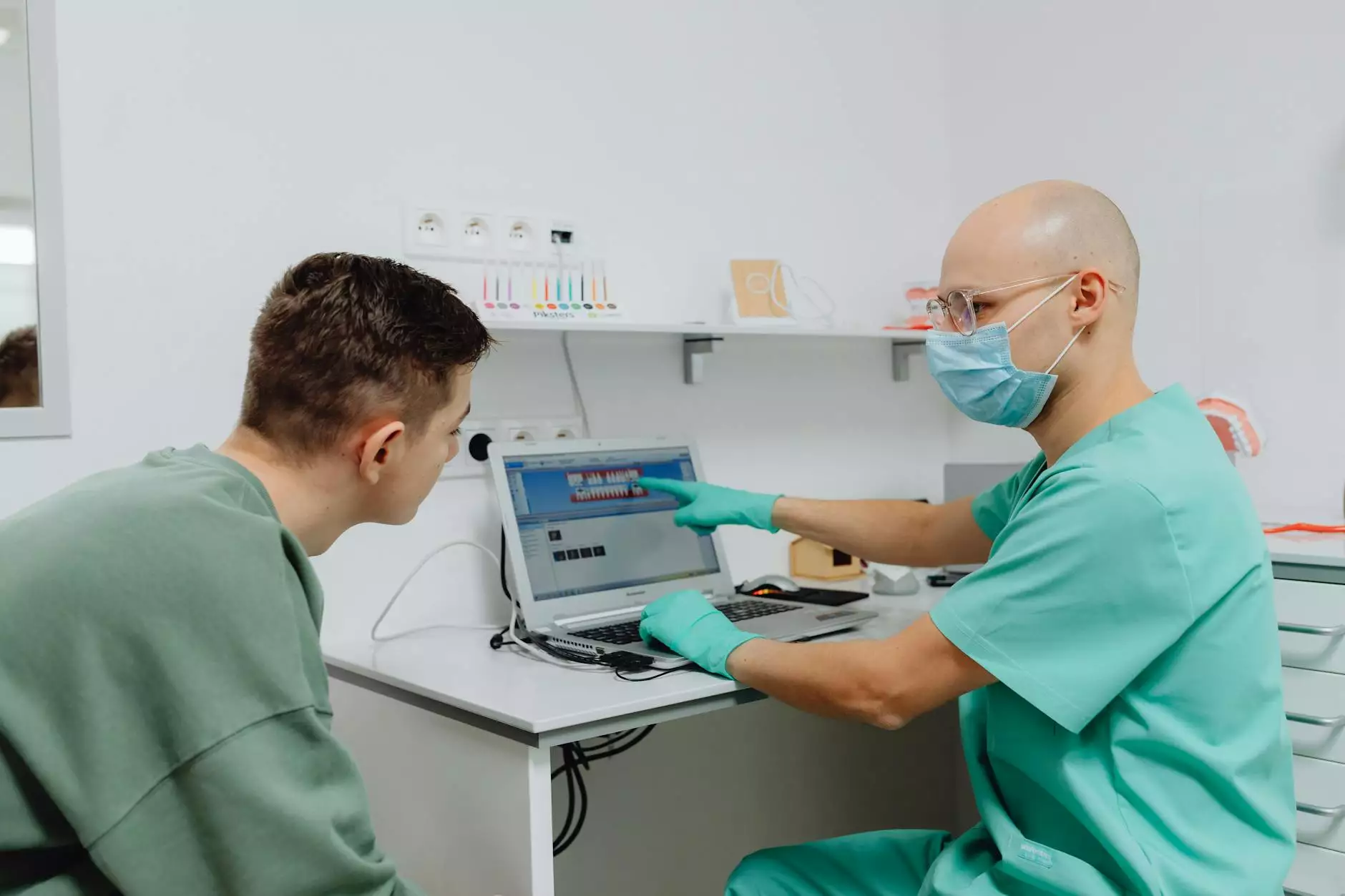Finding the Best Rheumatologist Near Me

When battling chronic pain or debilitating joint conditions, finding the right healthcare provider is paramount. If you're searching for a rheumatologist near me, you’re not just looking for a doctor; you’re seeking a partner in healthcare. This article will delve into everything you need to know about rheumatology, the types of conditions treated, and how to choose the best specialist for your needs.
Understanding Rheumatology
Rheumatology is a subspecialty of internal medicine focused on the diagnosis and treatment of musculoskeletal disorders and autoimmune diseases. Rheumatologists treat a variety of conditions, primarily those that affect the joints, muscles, and bones, including:
- Rheumatoid Arthritis
- Osteoarthritis
- Lupus
- Gout
- Fibromyalgia
- Psoriatic Arthritis
- Scleroderma
- Ankylosing Spondylitis
- Vasculitis
Each of these conditions can significantly impact a patient’s quality of life, thus highlighting the necessity of having a qualified and experienced rheumatologist on your healthcare team.
Why You Need a Rheumatologist
Engaging a rheumatologist is essential for various reasons:
- Expertise in Complex Conditions: Rheumatologists have advanced training and expertise to handle complex autoimmune diseases that other specialists might overlook.
- Comprehensive Approach: These specialists focus on a holistic approach to treatment, considering not just the physical symptoms but the psychological and emotional impacts of chronic illness.
- Access to Advanced Treatments: They keep up with the latest medical advancements and techniques, ensuring patients have access to the most effective treatment options available.
How to Choose the Right Rheumatologist
Choosing a rheumatologist involves careful consideration. Here are some vital factors to help you find the best rheumatologist near me:
1. Qualifications and Certification
Ensure that the rheumatologist is board certified. This means they have met specific education, training, and competency standards in their specialty. Look for:
- Medical School and Residency Training
- Fellowship in Rheumatology
- Board Certification by the American Board of Internal Medicine
2. Experience
Experience matters significantly in rheumatology. Investigate how long the rheumatologist has been practicing and their experience related to your specific condition. Ask questions like:
- How many patients with my condition have you treated?
- What are the outcomes for patients with my diagnosis?
3. Patient Reviews
Reading patient reviews can provide insight into the rheumatologist's practice. Look for feedback on:
- Bedside manner
- The thoroughness of examinations
- Overall satisfaction with care
4. Communication Style
A good rheumatologist should be someone you feel comfortable with. Ensure they are open to communication and willing to answer your questions. Consider:
- Do they explain things in a way that makes sense to you?
- Are they responsive to your concerns?
5. Location and Availability
When searching for a rheumatologist near me, consider their clinic's location and availability. A nearby clinic is more accessible for regular visits, which are essential for chronic conditions. Check:
- Office hours
- Availability for urgent appointments
- Online scheduling options
6. Insurance and Payment Options
Insurance coverage can significantly impact your choice. Ensure the rheumatologist accepts your health insurance plan. Additionally, inquire about:
- Payment methods accepted
- Financial assistance programs if needed
What to Expect During Your First Visit
- Detailed Medical History: You will discuss your medical history, symptoms, and any medications you are currently taking.
- Physical Examination: The rheumatologist will conduct a thorough physical exam to assess joint function and inflammation.
- Diagnostic Tests: They may order blood tests, imaging studies like X-rays or MRIs, or other diagnostic procedures to confirm a diagnosis.
- Treatment Plan Discussion: After the evaluation, the rheumatologist will discuss potential treatment options, including medications, physical therapy, lifestyle changes, or referrals to other specialists.
Understanding Treatment Options
Treatment plans for rheumatologic conditions can be complex and multifaceted. Here are some common treatment categories:
1. Medications
Medications can range from anti-inflammatory drugs and pain relievers to more aggressive treatments like disease-modifying antirheumatic drugs (DMARDs) and biologics.
2. Physical Therapy
Physical therapy can help improve mobility and strength, reduce pain, and increase functionality. A personalized therapy regimen can be a valuable component of your treatment.
3. Lifestyle Modifications
Diet, exercise, and stress management play a significant role in managing rheumatic conditions. A rheumatologist can provide guidance on making effective lifestyle choices.
4. Surgery
In severe cases, surgical interventions may be necessary to repair damaged joints or relieve symptoms. Your rheumatologist can help determine if this is the right option for you.
Conclusion
Finding a qualified rheumatologist near me can drastically improve your quality of life if you are dealing with joint pain or autoimmune disorders. Take the time to consider the factors outlined in this article and prioritize your health by choosing the right specialist for your needs. Remember, your journey towards better health starts with a single, informed decision to reach out to a professional. For more information on finding the right healthcare providers, visit mediglobus.com.









